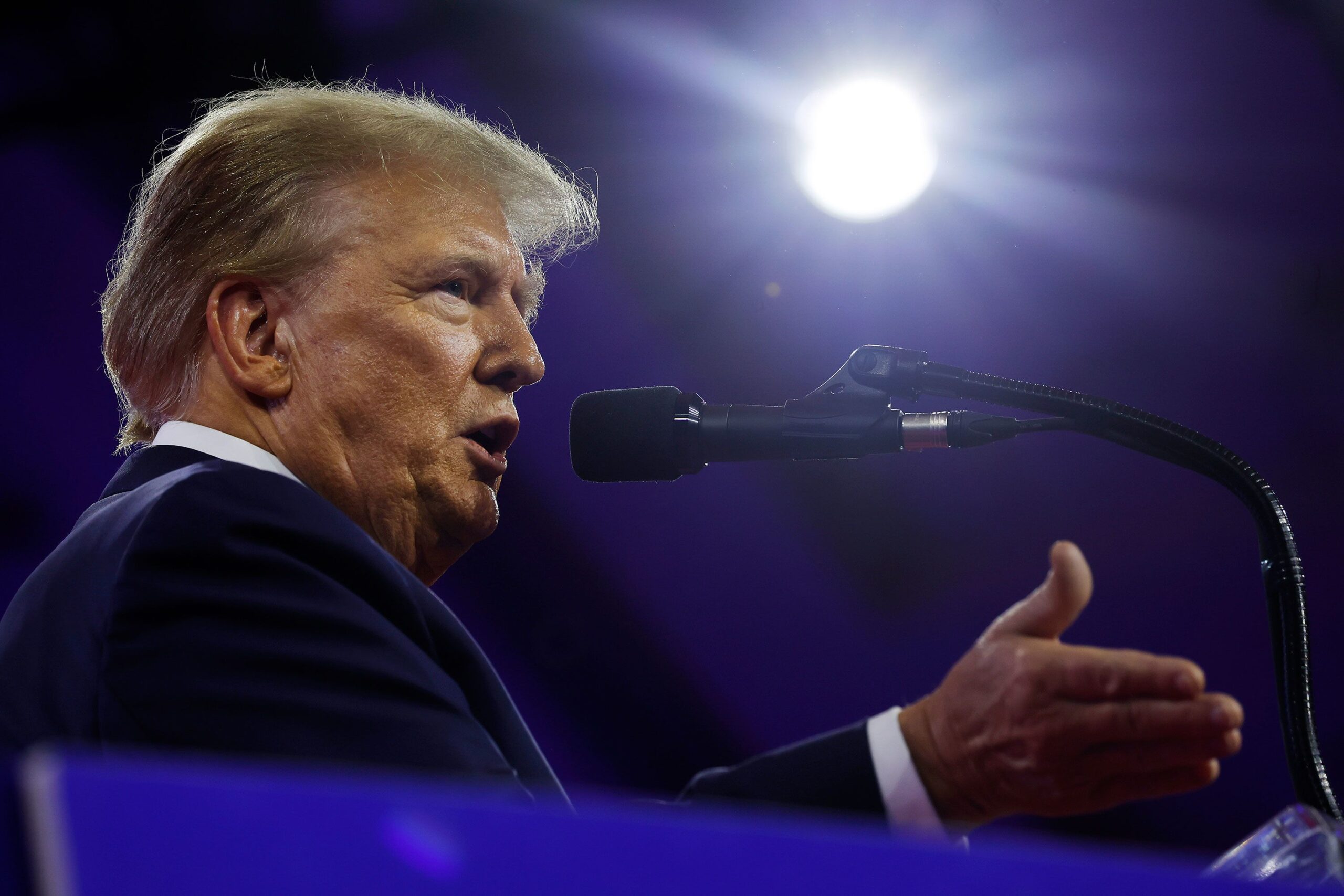In a recent address at the Conservative Political Action Conference, former President Donald Trump spun a series of misleading tales about water usage regulations in Beverly Hills, a wealthy Los Angeles-area city where he once owned a home. Trump’s claims, however, are far from accurate.
Trump stated, “They’re notifying people in Beverly Hills, you can only use 40 gallons of water. They don’t have water,” he said. He went on to criticize California’s water management and claimed that in Beverly Hills, despite paying high taxes, residents are restricted to brushing their teeth once a day.
These statements are the latest in a series of Trump’s colorful narratives about supposed water restrictions in Beverly Hills. At a previous event, he joked about the wealthy residents’ hygiene due to alleged water restrictions during showers.
Facts First: Debunking Trump’s Claims
Contrary to Trump’s assertions, Beverly Hills does not impose any limits on residents’ indoor water use. There are no restrictions on the number of gallons they can use, the frequency of brushing their teeth, or the duration of their showers.
The city does, however, limit outdoor watering to a maximum of two days a week as part of a statewide effort to conserve water in response to California’s recurring drought-related challenges and a warming climate.
“We do not limit water usage indoors,” clarified Beverly Hills spokesperson Lauren Santillana, “and continue to educate, along with many other cities across the state, best water practices.”
As for Trump’s claim about the 40-gallon limit, it appears he may have been referring to a law signed by California Gov. Gavin Newsom in 2022. This law sets a statewide standard of 42 gallons per person per day of residential indoor water use starting in 2030. However, this standard applies to water suppliers, not individual residents, and does not necessitate changes in personal habits like tooth brushing or showering.
“Individual households aren’t required to meet these standards. … No one is required to meet it individually,” explained Heather Cooley, director of research at The Pacific Institute, a California-based think tank that studies water issues. Water suppliers can meet these standards through various measures, such as fixing leaks and offering incentives for residents to use more efficient devices.
It’s worth noting that US households’ water use has been in decline for decades, partly due to government-mandated product efficiency standards and building efficiency rules.

